Fans explicitly designed for use in Commercial Kitchens are responsible for one of the most crucial tasks. These mechanical fans keep the air in your kitchen clean, thereby reducing the accumulation of grease in the surrounding area and ensuring the comfort of your staff.
It is necessary to ensure that the exhaust fans in the kitchen are in tip-top shape at all times. These fans need to be cleaned and maintained regularly as an essential part of their operation to extract and filter air.
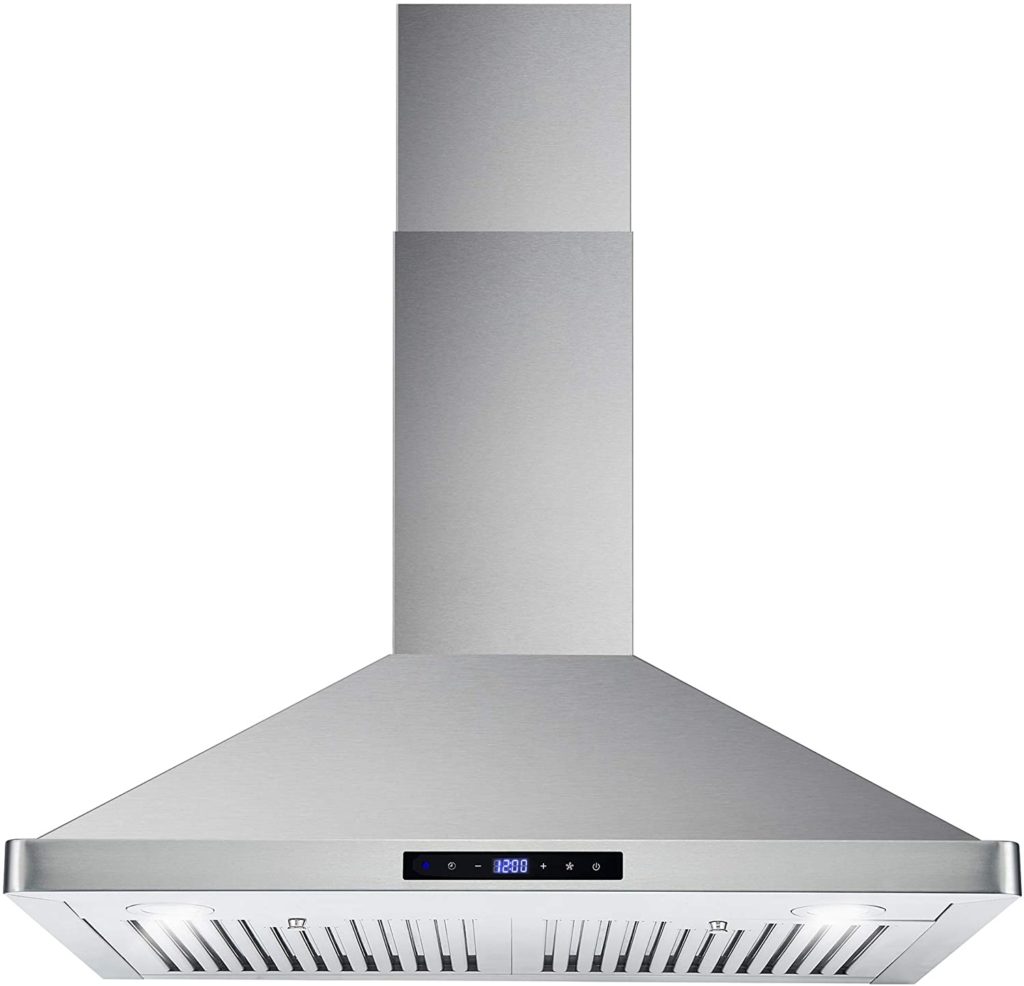
Continue reading to obtain information on correctly maintaining exhaust fans in kitchens. This equipment works diligently in the background, but its presence is often overlooked. However, you must perform routine maintenance.
What are kitchen exhaust fans?
In a commercial kitchen, the exhaust fans, referred to as range hoods, have the arduous task of removing contaminants and moisture from the air. These fans are installed directly above the cooktops and other surfaces used for cooking in the kitchen. They are made up of a hood, also referred to as a canopy and a fan.
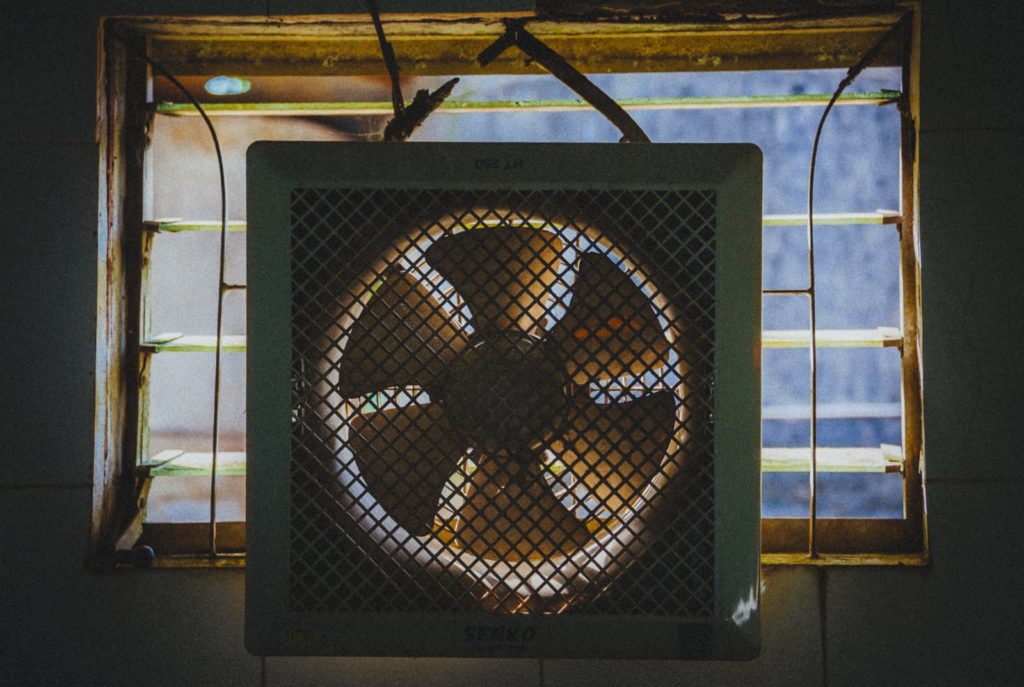
The purpose of the hood is to collect stale, damp air. During this time, the fan inside draws this air out and directs it away from the cooking area and the outside. This activity eliminates the following in a kitchen environment characterized by ongoing cooking:
- The steam generated by hot water and food that has been simmering.
- Strong cooking odors.
- Smoke containing particles of grease.
- Harmful vapors and pollutants.
- Extra heat is particularly beneficial during the warmer months of the year.
- To ensure maximum efficiency in the kitchen, it is essential to create a pleasant atmosphere. Fans that put in a lot of effort make it possible to have adequate ventilation in a busy commercial kitchen. It is much more straightforward to prepare food in the kitchen by eliminating air pollutants, steam, and heat.
Grease
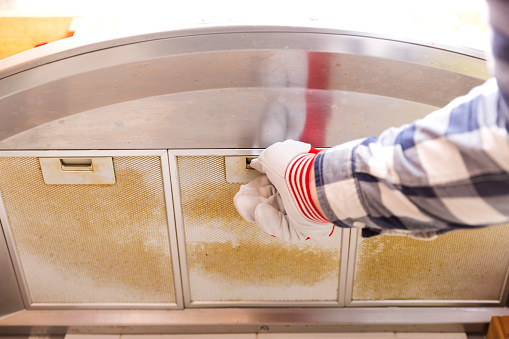
It is essential to remove grease particles and humidity from the air to maintain a clean environment and ensure that all machinery operates as it should. When it settles on and sticks to other pieces of equipment, thick, sticky grease buildup is tough to clear. It can potentially obstruct the airflow in different appliances and give the impression that the kitchen is filthy.
The accumulation of grease in the kitchen raises the risk of a fire caused by grease, in addition to the fact that it is unclean and unpleasant to look at. Its elimination has the potential to avert a significant threat to public health.
Humidity
Additionally, excessive moisture can be quite destructive in an industrial setting. Without exhaust fans, condensation from the humidity would form on the walls, furniture, and other pieces of equipment. This can, over time, lead to apparent water damage in locations that are prone to it.
Grease and moisture are avoided as potential problems by using commercial exhaust fans that are well maintained. They are capable of much more than simply eliminating odors. They avert harm that would be pretty expensive.
Heat
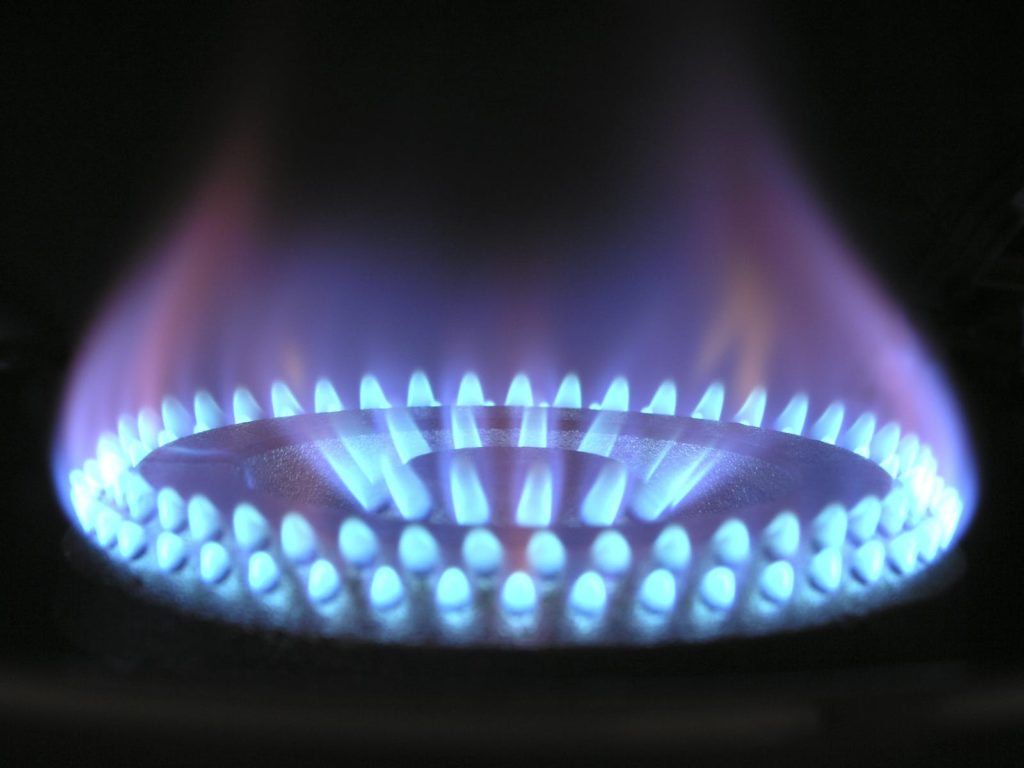
When the temperature in the kitchen continues to rise, it can make working there a dreadful experience. Ventilation fans in kitchens help to keep personnel comfortable by removing excess heat from the cooking area. Because this keeps heat from accumulating, it can also help to reduce the expenditures associated with air conditioning.
Maintaining kitchen exhaust fans
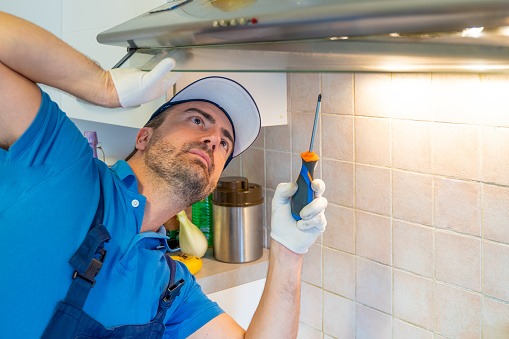
Regular maintenance is required for the exhaust fans in the kitchen. It is essential to their effectiveness as well as their longevity. This ensures that the air is correctly vented and filtered.
When working on this project, you will need to take extra precautions due to commercial fan settings’ weightier nature than residential ones.
Remove the plug from the exhaust fan unit
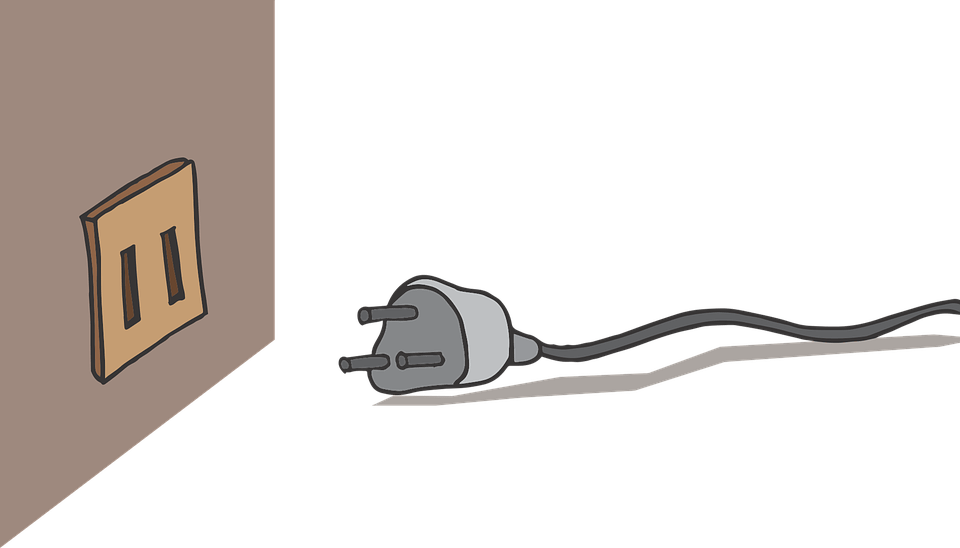
Commercial appliances must first be unplugged to prevent serious harm or even death from electrocution during maintenance. Due to the size of these devices, a significant quantity of cleaning solutions will be necessary.
While cleaning the area, placing a drop cloth or tarp around the perimeter is a brilliant idea to collect any drips. While maintenance is performed on the device, no cooking should be done.
Eliminate all traps that capture grease

Most commercial kitchen exhaust fans come equipped with receptacles on the side of the hood for grease collection. This grease may be saved for proper disposal later by placing it in airtight metal containers.
Soak the grease traps in a boiling water solution and a cleaner designed to cut through the grease. This will make the sticky residue easier to remove after it has been softened.
Get rid of the filters
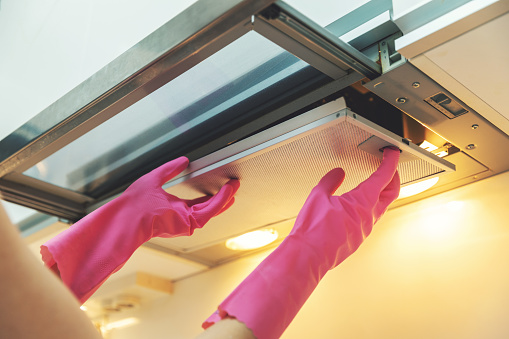
Filters are installed in kitchen exhaust fans to collect grease, dust, and other pollutants. If they are not cleaned regularly, the filters in the kitchen exhaust fan can quickly become coated with a thick greasy residue and lose their efficiency. This happens for the same reason as grease traps do.
Take out these filters and clean your traps when you’re done. In order to dislodge the grease, it is necessary to soak them in the same solution of hot water used for the traps. The residual residue can be removed by scrubbing them with a nylon brush after they have been soaked.
Under the hood: wiping down the ventilation system and the hood and fan

The hood, also known as the cover, for the kitchen exhaust fan will need to be cleaned thoroughly, just like the rest of the device. While your filters and traps are soaking, you should prepare a cleaning solution for your hood that is the same. These solutions must always include both a reputable grease-cutting cleaner and boiling water in their composition.
Scrubbing the kitchen exhaust hood’s interior and exterior with a soft cloth soaked in the cleaning solution is required. It is important to clean every surface and crevice to prevent the accumulation of gunk and grease, which might increase the fire risk.
Purifying the rotor blades of the fan
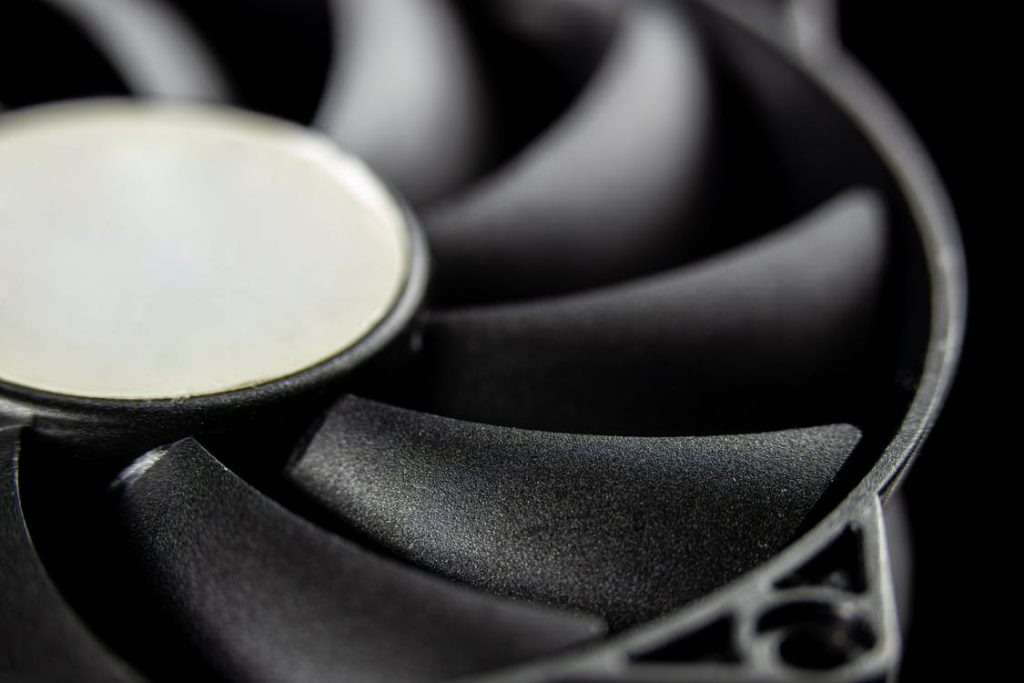
Additionally, your kitchen exhaust device’s fan blades will require meticulous cleaning to function correctly. These blades are what the stale, contaminated air extracted from your cooking area passes through. The filters effectively collect the vast majority of the particles but cannot filter out everything.
It would be best if you did not spray cleaning solution directly into the unit when cleaning the fan blades or the hood of your kitchen exhaust fans. It would help if you didn’t get any electrical components wet during maintenance by directly spraying water on them. Instead of pouring cleaner straight into filthy places, you should always use a cloth dipped in the solution to scrub, as this will prevent any unintended wetting that may occur within the unit.
When all of the components of your unit have been thoroughly cleaned and dried, it is time for reassembly. Before you plug the device back in, you will need to replace the filters and traps previously removed.
Maintaining a regular schedule to achieve peak performance

The exhaust fans in your business kitchen put in a lot of effort to clear the air of any unwanted debris. You can maintain a cleaner, safer, and more comfortable kitchen by sticking to a regular cleaning schedule for the exhaust fans in your kitchen.
Are you looking to upgrade your kitchen ventilation with high-performance exhaust fans and other appliances? We are the leading distributor of business exhaust fans, so you won’t have to worry about getting a good deal from us. You can obtain additional information by reading our blog or by giving us a call right now.
Author bio:
Scott Bowen
Scott Bowen is an exceptional content writer and tech enthusiast. He has written on multiple niches. However, he does limit himself in a vacuum. Instead, he takes every new subject as a challenge and accomplishes tasks after doing profound research.
The kitchen ventilation in my sister’s new apartment is insufficient for her culinary needs, and she just moved there. In order to maintain her kitchen smoke-free and well-ventilated while she cooks, she is now shopping for a kitchen exhaust fan. It’s smart of you to point out that frequent cleaning and maintenance are crucial to the kitchen exhaust fans’ ability to extract and filter air, so it’s important to keep them in peak condition at all times. I’ll tell her about this.
Ensuring the optimal performance of commercial kitchen exhaust fans is crucial for maintaining a clean and safe kitchen environment. This article offers practical insights into the importance of regular maintenance, detailing the steps involved in cleaning exhaust fans, including traps, filters, hoods, and fan blades. Emphasizing the role of exhaust fans in eliminating grease, moisture, and heat underscores their multifaceted benefits beyond odor removal. The recommendation for a systematic cleaning schedule adds a proactive approach to maintaining a comfortable and efficient commercial kitchen.
Hi, I am so glad to read this article on your website. I have learned some tips on how to clean a kitchen exhaust fans, which will help me to clean the commercial kitchen exhaust fan in my restaurant. Thanks a lot and keep at it.
Exhaust fan cleaning explained step by step. This task often gets ignored but the guide makes it approachable.